The advent of communication technologies and advanced intervention tools promise to revolutionize the lives of people by removing obstacles and barriers and expanding the scope of access to even the disabled population. Technological advancements can help in social inclusion and accessibility to new technological interventions that are robust and flexible based on their needs. The need of the hour is to provide technological solutions with multidisciplinary approach to resolve the problems and improve the quality of life of disabled, physically challenged and elderly population with focused technological interventions that aim to provide autonomy and independence to persons with disability through holistic development by creating enabling environment for their empowerment through use of such modern scientific technological interventions. Despite its existence, not many books are available in this area and it would be one of its kind which would incorporate knowledge and expertise from professionals working globally in the field for the past several years to help establish the technology. It will provide insight into the budding of researchers and students to explore the field further.
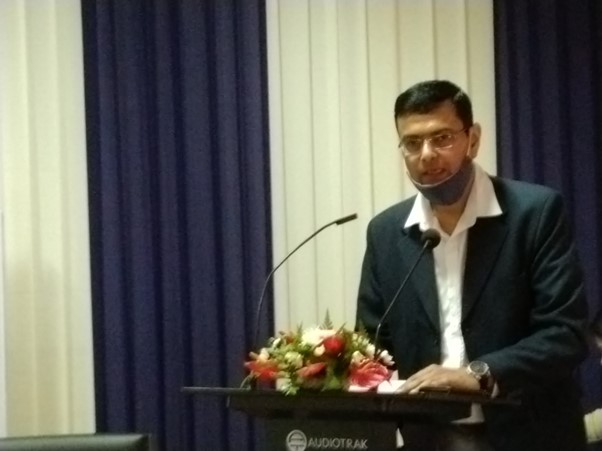
Dr Dinesh Bhatia
The book provides insights for budding researchers and students to explore the field further, and highlights the key challenges that need to be addressed before it is possible to fully reap the benefits from these technological interventions. It will also be useful for people working in the fields of rehabilitation and special education, as well as engineers, clinicians and industry professionals working with the disabled population.
The book explores the emergence of modern technological interventions for the disabled and physically challenged population, including the elderly population, and its growth as one of the most promising technologies in the healthcare sector over the next decade and beyond, which is impacting the lives of such population groups and their families. Further the book would highlight the certain key challenges which need to be addressed before it is possible to completely reap the benefits from these technological interventions in near future. It will be useful for people working in the field of rehabilitation, special education and clinicians working with the disabled population.
The author, Dr. Dinesh Bhatia, is currently an associate professor in the Department of Biomedical Engineering, North Eastern Hill University, Shillong.
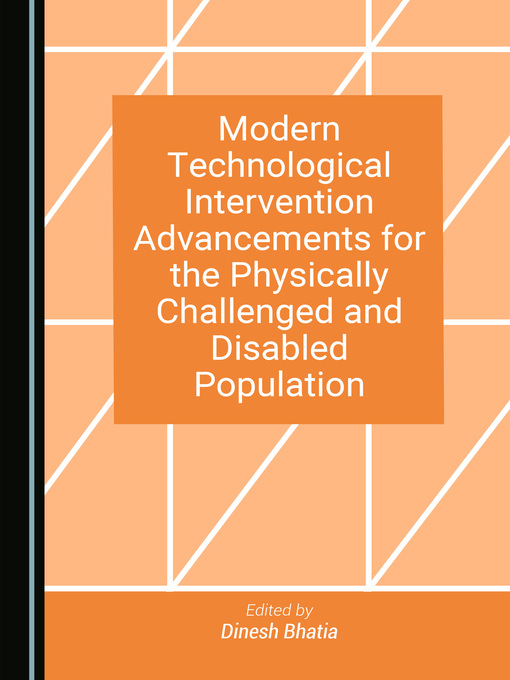
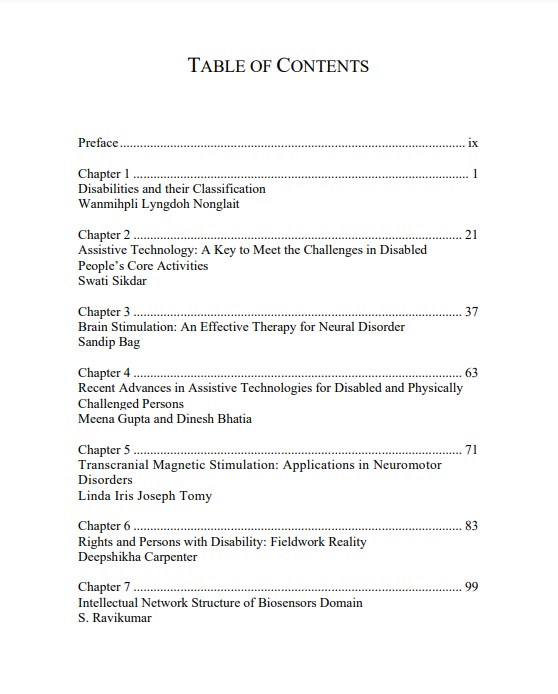
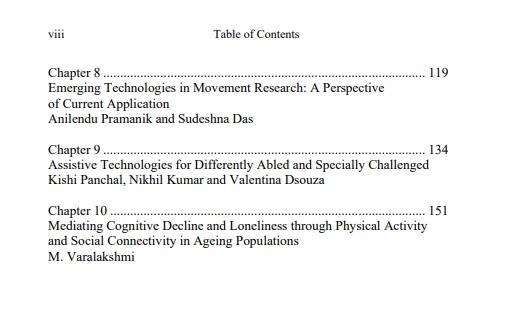
- 9447 reads

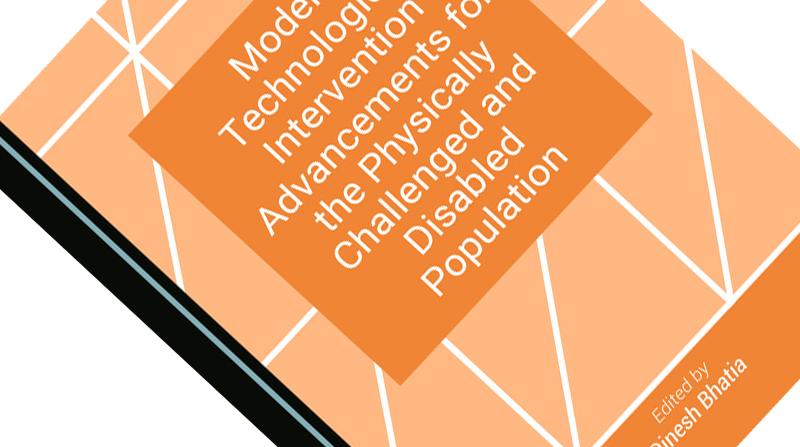
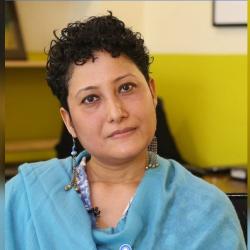





Add new comment